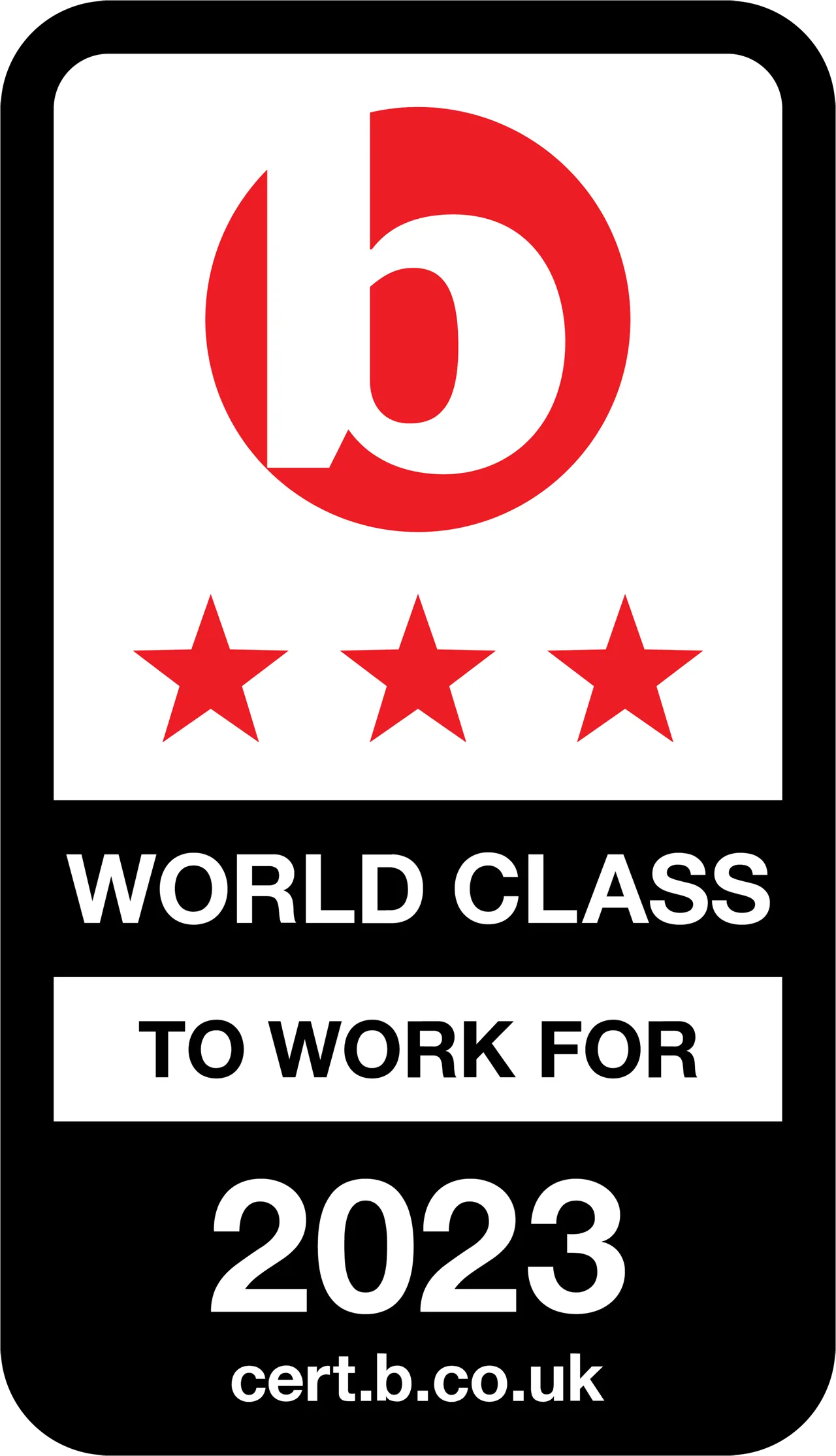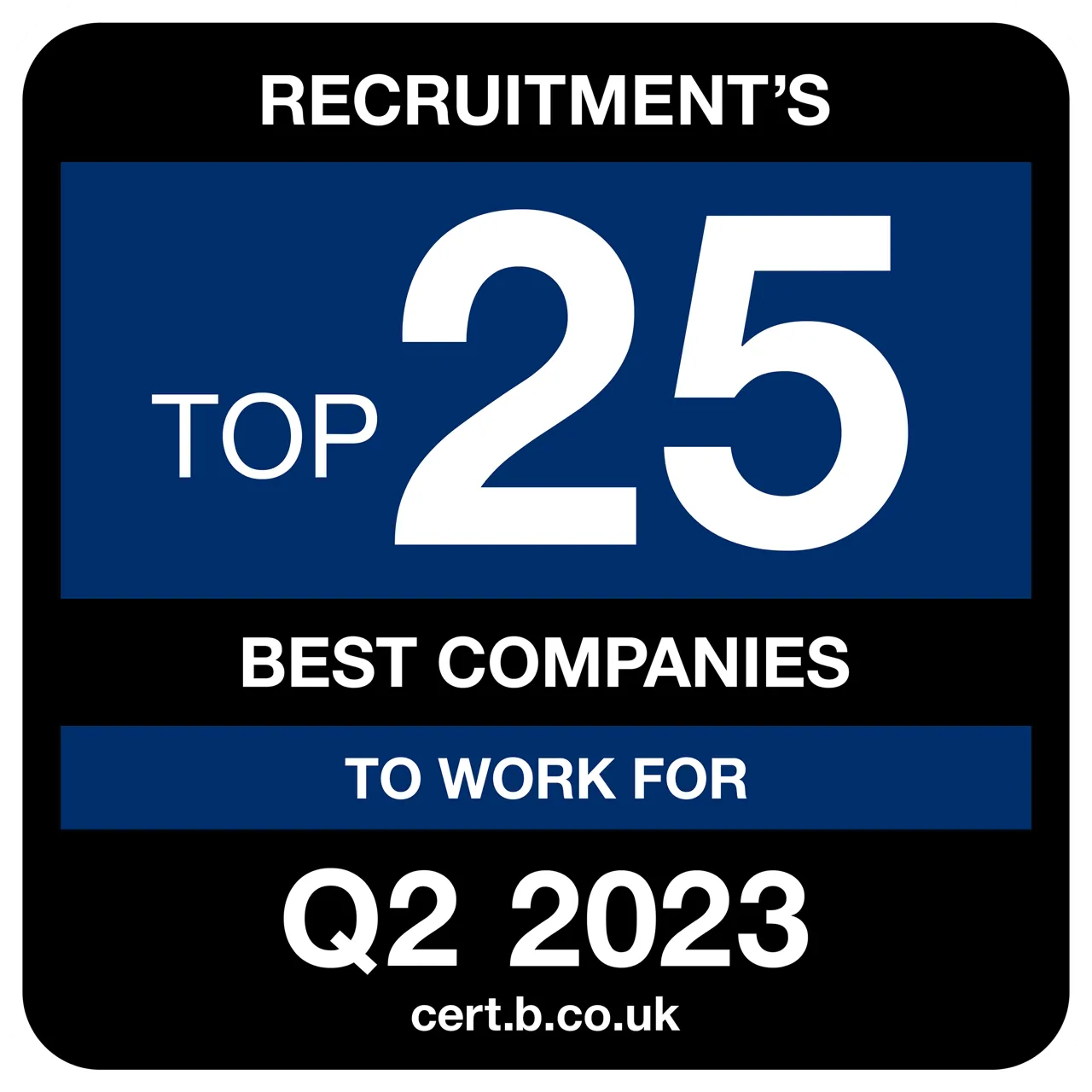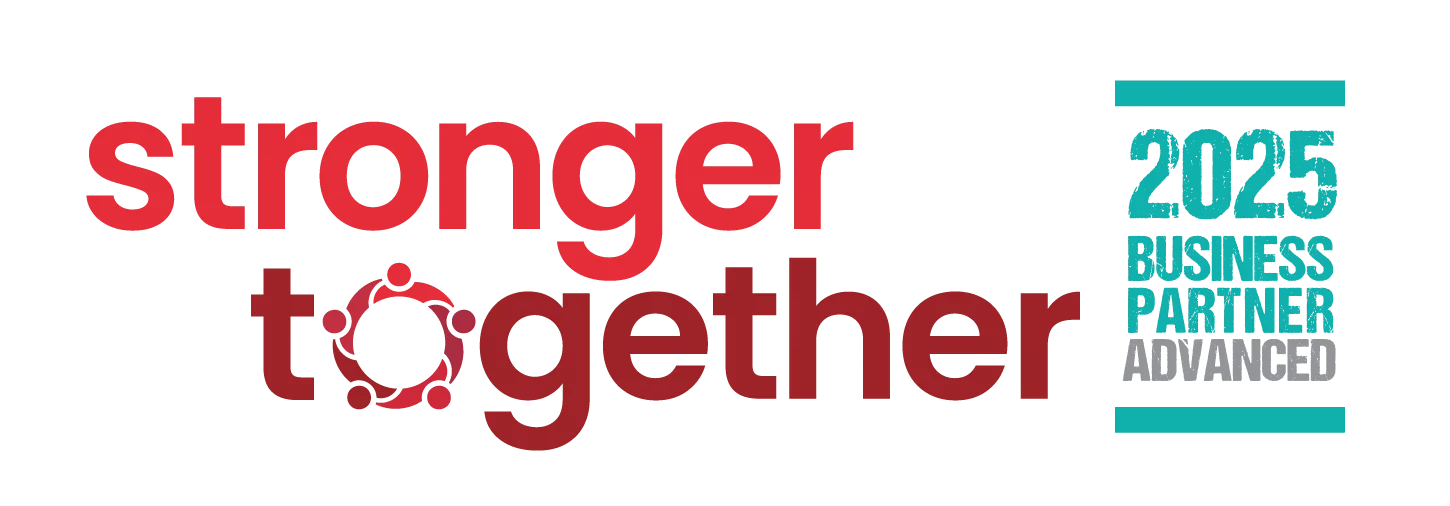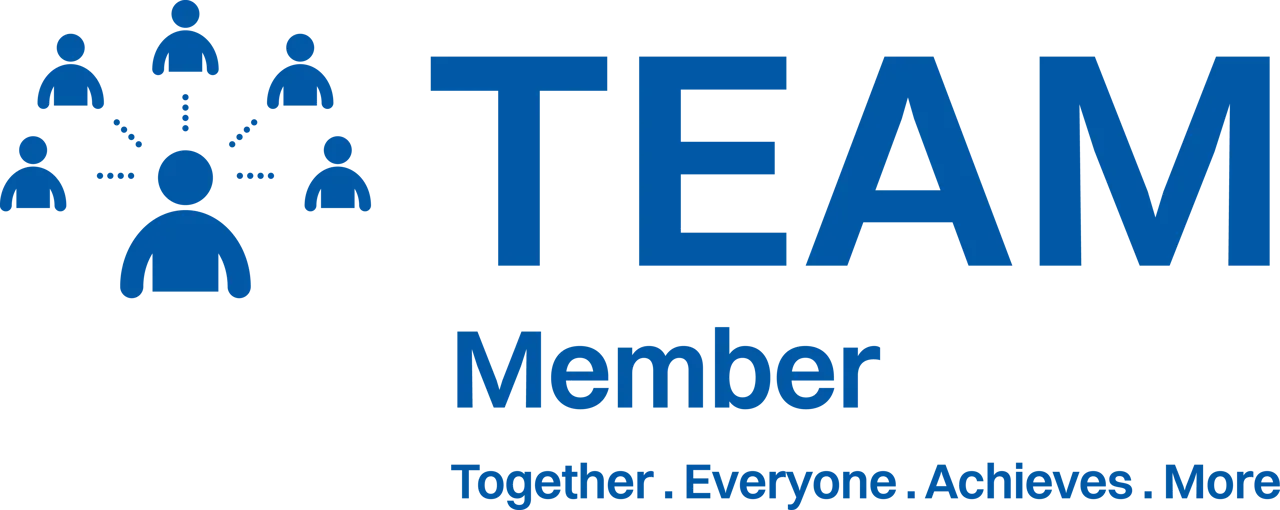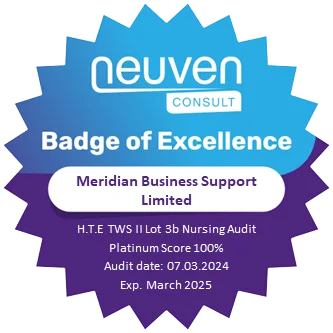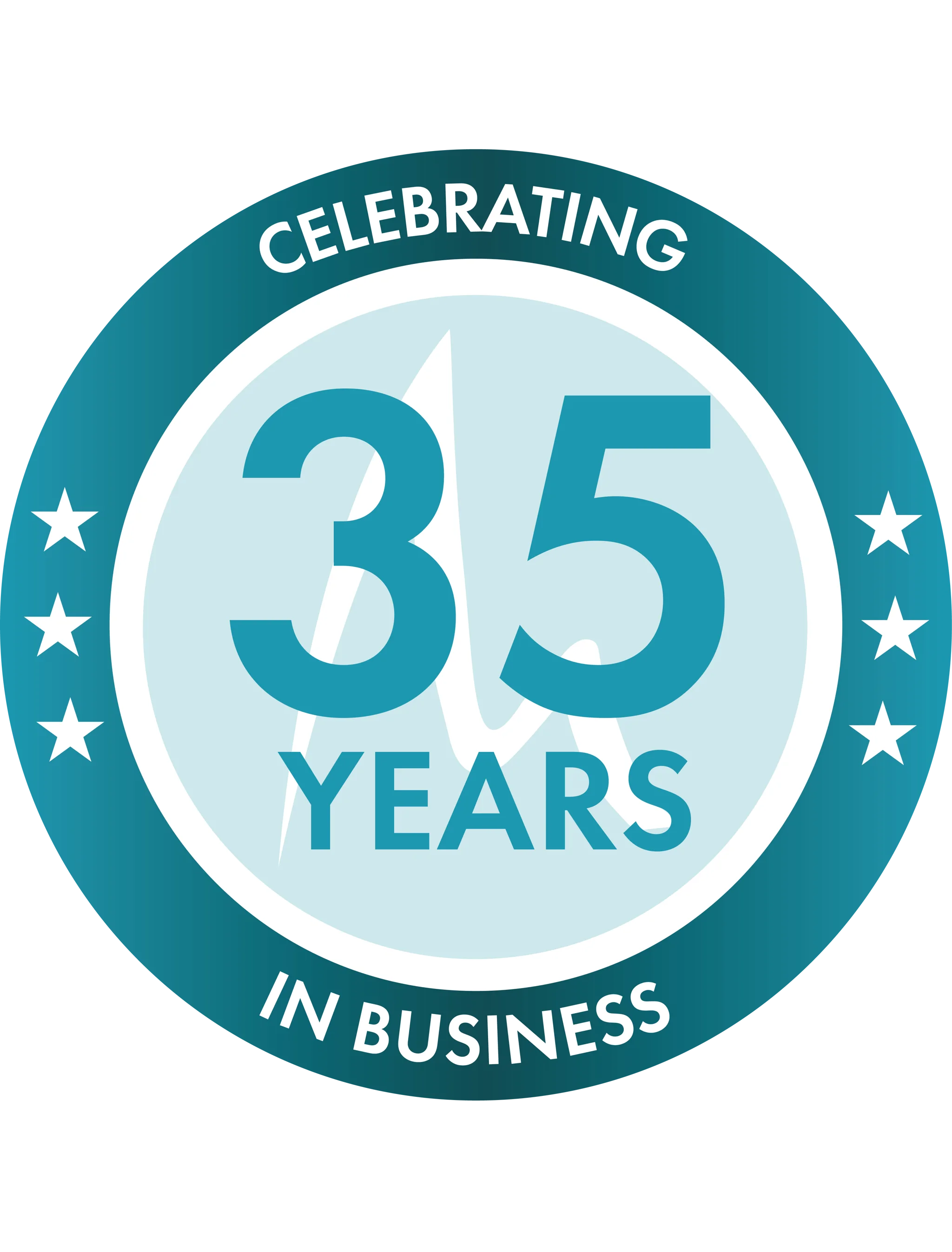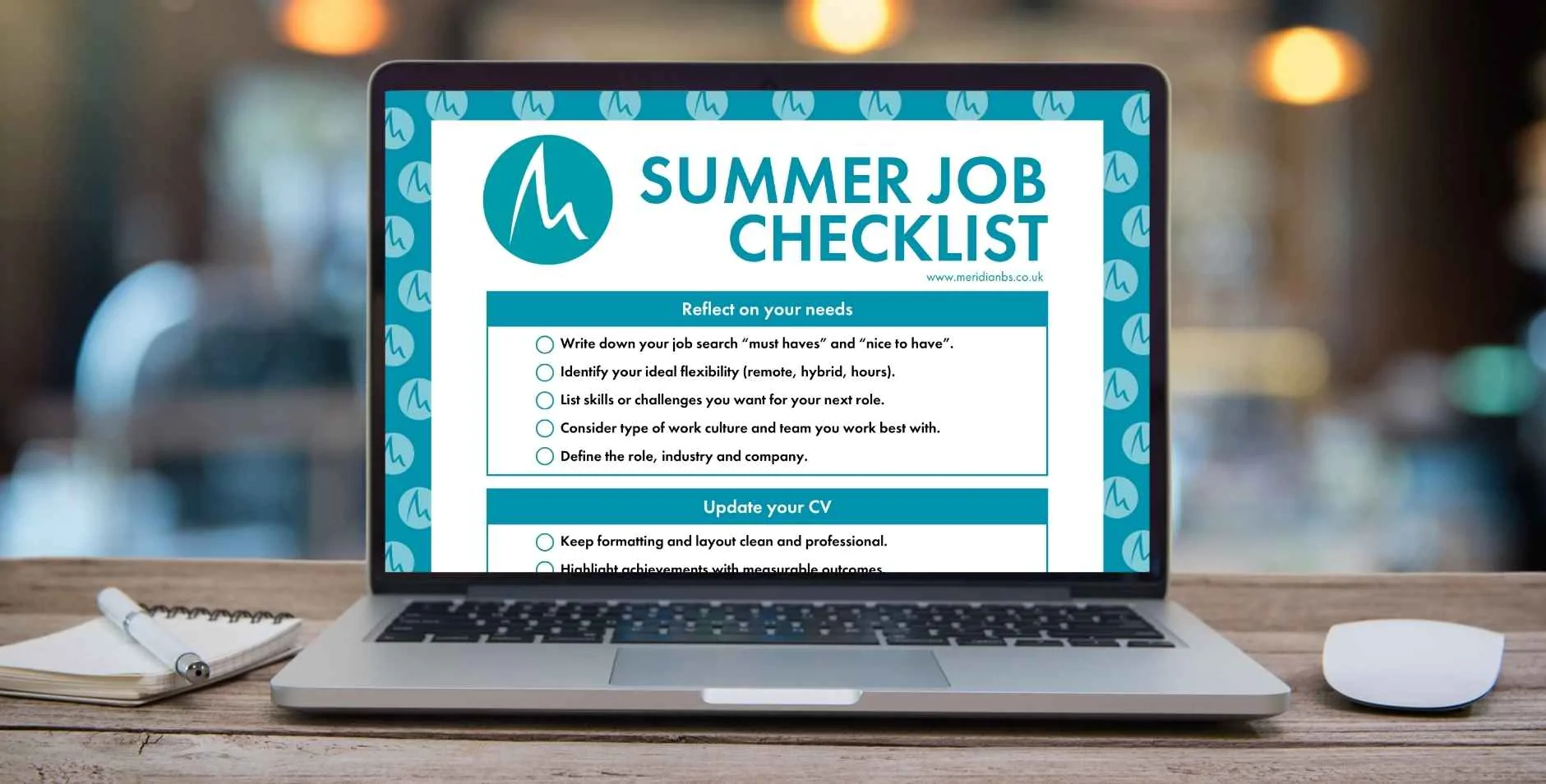
Tricky Interview Questions
26 Aug, 20137 minutesJeff Haden's Favorite Behavioral Interview QuestionsJeff Haden talks about his four favorite...
.jpg)
Jeff Haden's Favorite Behavioral Interview Questions
Jeff Haden talks about his four favorite behavioral interview questions.
The purpose of these types of questions is to identify whether a candidate takes responsibility for their actions, problem solve under pressure, and how to prioritize effectively.
Jeff's blog is read by seasoned recruitment professionals and hiring managers, so now you get the chance to read some insider information!
1. “Tell me about the last time a customer or coworker got mad at you.”
Intent: Evaluate the candidate’s interpersonal skills and ability to deal with conflict.
Red flag: The interviewee pushes all the blame — and responsibility for rectifying the situation — on the other person.
Good: The interviewee focuses on how they addressed and fixed the problem, not on who was to blame.
Great: The interviewee admits they caused the other person to be upset, took responsibility, and worked to make a bad situation better. That’s the trifecta of answers: You are willing to admit when you are wrong, you take responsibility for fixing your mistakes, and you learn from experience. (Remember, every mistake is just training in disguise as long as the same mistake isn’t repeated over and over again, of course.)
2. “Tell me about the toughest decision you had to make in the last six months.”
Intent: Evaluate the candidate’s ability to reason, problem-solving skills, judgment, and sometimes even willingness to take intelligent risks.
Red flag: No answer. Everyone makes tough decisions regardless of their position.
Good: Made a difficult analytical or reasoning-based decision.
Great: Made a difficult interpersonal decision, or better yet a difficult data-driven decision that included interpersonal considerations and ramifications. Making decisions based on data is essential, but almost every decision has an impact on people as well. The best candidates naturally weigh all sides of an issue, not just the business or human side exclusively.
3. “Tell me about a time you knew you were right… but you still had to follow directions or guidelines.”
Intent: Evaluate the candidate’s ability to follow… and possibly to lead.
Red flag: Found a way to circumvent guidelines “… because I know I was right,” or followed the rules but allowed their performance to suffer.
Good: Did what needed to be done, especially in a time-critical situation, then found an appropriate time and place to raise issues and work to improve the status quo.
Great: Not only did what needed to be done, but stayed motivated and helped motivate others as well. In a peer setting, an employee who is able to say, “Hey, I’m not sure this makes sense either, but for now let’s just do our best and get it done…” is priceless. In a supervisory setting, good leaders are able to debate and argue behind closed doors and then fully support a decision in public even if they privately disagree with that decision.
4. “Tell me about the last time your workday ended before you were able to get everything done.”
Intent: Evaluate commitment, ability to prioritize, ability to communicate effectively.
Red flag: “I just do what I can and get the heck out of there. I keep telling my boss I can only do so much but he won’t listen…
Good: Stayed a few minutes late to finish a critical task, or prioritized before the end of the workday to ensure critical tasks were completed.
Great: Stayed late and/or prioritized… but most importantly communicated early on that deadlines were in jeopardy. Good employees take care of things; great employees take care of things and make sure others are aware of potential problems ahead of time just in case other proactive decisions make sense.
Note: Keep in mind there are a number of good and great answers to this question. “I stayed until midnight to get it done” can sometimes be a great answer, but doing so night after night indicates there are other organizational or productivity issues the employee should raise. (I may sometimes be glad you stayed late, but I will always be glad when help me spot chronic problems or bottlenecks.) Evaluate a candidate’s answers to this question based on your company’s culture and organizational needs.
There are plenty of other questions you can use; these are just my favorites.
Stick to facts-based questions and you quickly get past a candidate’s “interview armor” since few candidates can bluff their way through more than one or two questions. Plus, you’ll easily identify potential disconnects between a candidate’s resume and their actual experience, qualifications, and accomplishments.
Best of all you’ll have a much better chance of identifying potentially great employees. An awesome candidate will shine in a fact-based interview.



